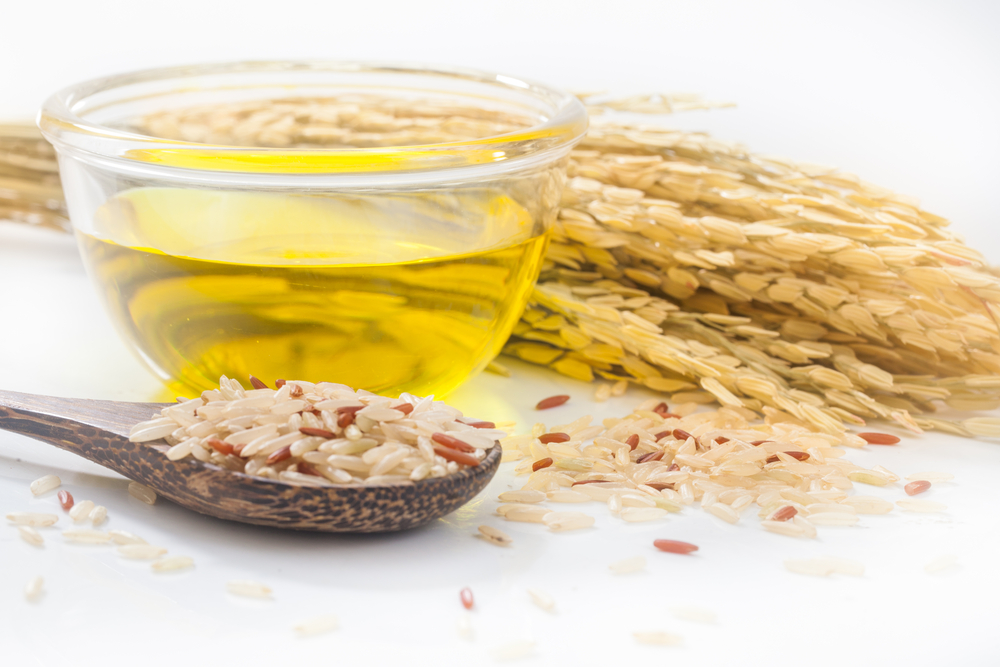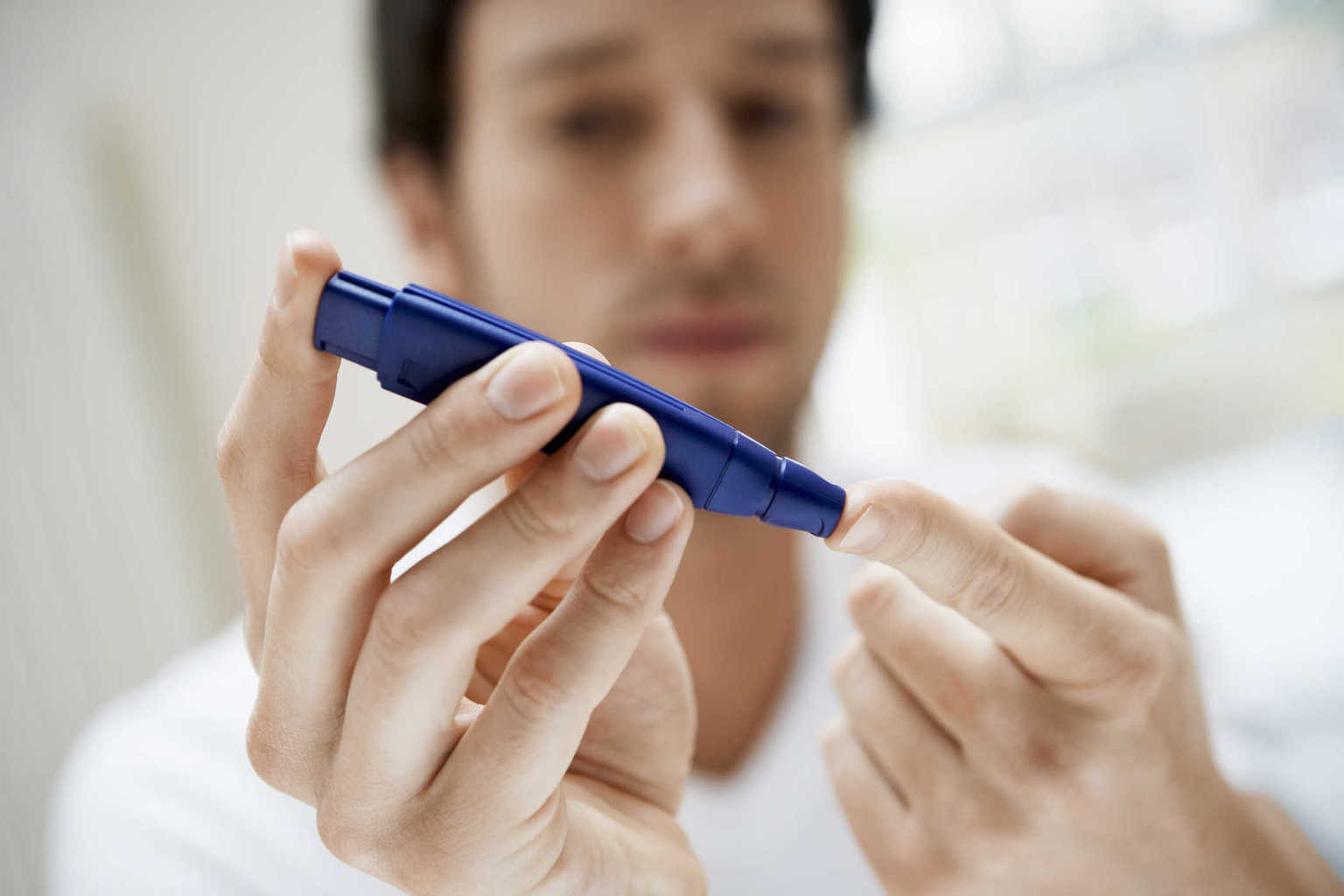Contents:
- Medical Video: How to minimize hangovers
- How to prevent nausea or pain when fasting
- 1. Limit certain foods
- 2. Make sure you are hydrated
- How do you deal with energy during fasting?
- 1. Do good breathing techniques
- 2. Avoid moving too much
Medical Video: How to minimize hangovers
When fasting, your diet will change from normal. It's not surprising that digestive problems can occur after dawn or in the middle of your fasting during the day. This digestive problem can occur due to improper food intake and poor eating habits at dawn and breaking fast. One of the most frequent complaints you feel is nausea or pain. Then, how to prevent and overcome energy during fasting?
How to prevent nausea or pain when fasting
Nausea is not always followed by vomiting. But if nausea is left prolonged, this can make a person become weak due to loss of energy, especially if you are fasting. In order to keep the worship going smoothly, here are ways to prevent nausea or energy when fasting.
1. Limit certain foods
If you continue to feel nauseous when running fasting, there could be something wrong with your food. Pay attention to what you eat at dawn or iftar. To prevent energy during fasting, you should multiply the consumption of bananas, rice, applesauce (applesauce), and toast at dawn or breaking the fast. This is especially important for those of you who are prone to nausea or are undergoing a recovery period of gastrointestinal infections.
Bananas, rice, applesauce and toast are chosen because they are easily digested and can be accepted by the majority of people. However, a number of these foods are low in protein, fat, and fiber, so they are not ideal for long-term diet choices when viewed in terms of nutritional balance. This diet should also not be used to lose weight.
2. Make sure you are hydrated
Before starting fasting, it's a good idea to ensure that your body is well hydrated. Drink plenty of water and clear broth at dawn to avoid dehydration. In addition, it is important to rest the stomach during the process of giving this liquid.
Even so, it is recommended not to give too much fluid at one time so that the stomach does not experience stretching. The amount of fluid that can be tolerated by the stomach is 30-60 ml every 10-15 minutes. For babies and children, the amount is one third of 30 ml.
You can use the 2-4-2 pattern to prevent and eliminate the feeling of energy during fasting, which is two glasses when breaking fast, 4 glasses at night, and two glasses at dawn. On the other hand, the abdominal stretch due to most fluids has the potential to cause nausea to worsen.
How do you deal with energy during fasting?
1. Do good breathing techniques
Research conducted by the University of Connecticut shows that controlled deep breathing can relieve nausea. Other studies also show that breathing can control nausea due to surgery.
Try taking a breathing exercise taken from the University of Missouri Research in Kansas City to deal with nausea when fasting like the following:
- Sleep on your back, place your pillow under your knees and your neck to make it comfortable.
- Place your hands on your stomach just below the ribs with your fingers locked together. This way, you will be able to feel your fingers separate when you take a breath. In this way you will know that your breathing practices are correct.
- Take deep, slow breaths with your stomach. Breathe as the baby breathes. Use your diaphragm and not your rib cage. The diaphragm will create an air straw that is stronger than the ribs.
2. Avoid moving too much
Your nausea will get worse if you move too much when you feel nauseous. As much as possible, try staying in one place so that your nausea doesn't get worse. Sit on a comfortable bench, or lie down on a couch or bed when feeling nauseous or sore when fasting.












